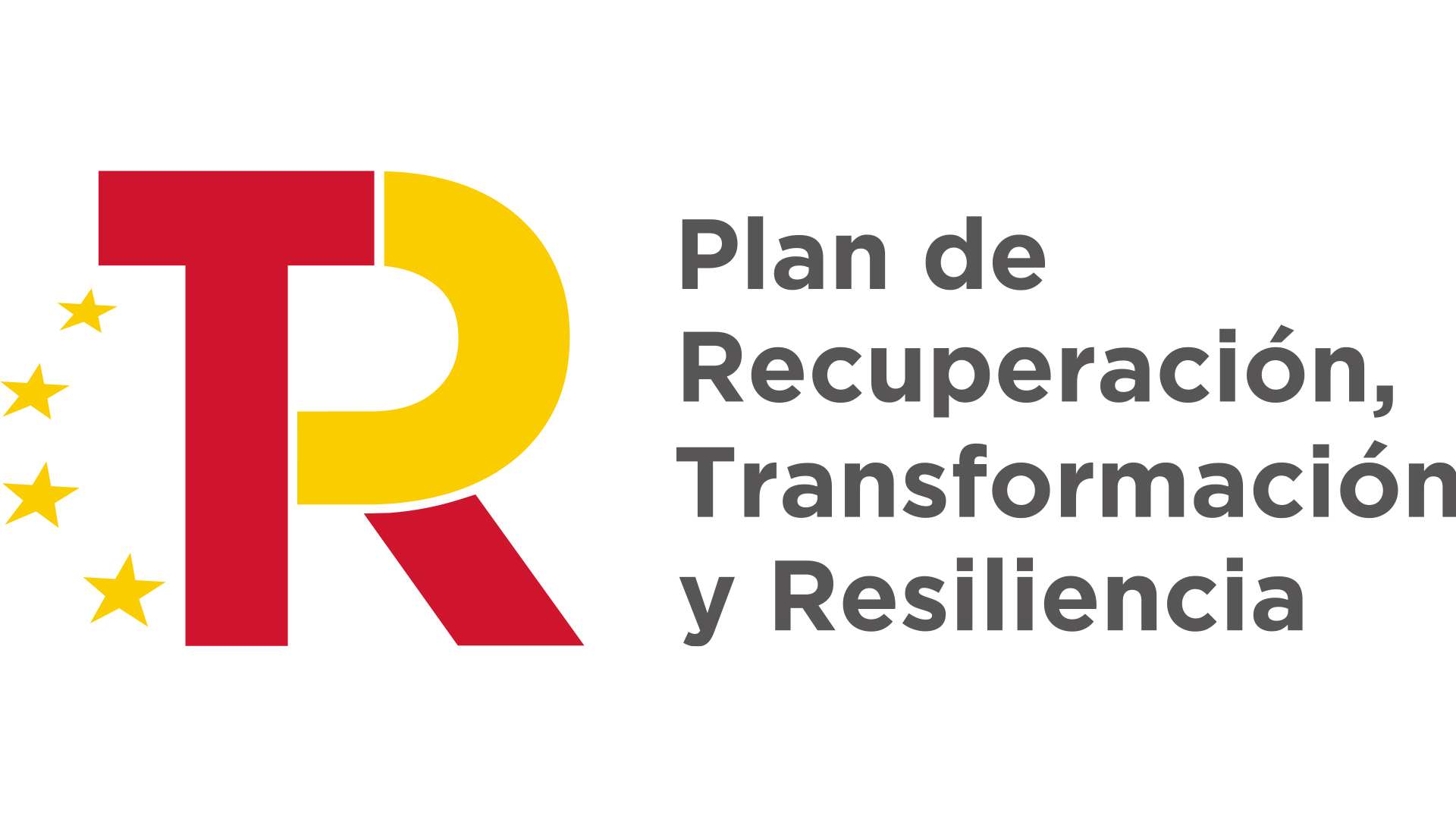
Esta actividad ha recibido una ayuda del Ministerio de Educación, Cultura y Deporte

Este proyecto ha recibido una ayuda extraordinaria del Ministerio de Cultura y Deporte

Esta actividad ha recibido una ayuda para la modernización de las librerías de la Comunidad de Madrid correspondiente al año 2023

Proyecto financiado por la Dirección General del Libro y Fomento de la Lectura, Ministerio de Cultura y Deporte

Financiado por la Unión Europea-Next Generation EU

Proyecto financiado por la Dirección General del Libro, del Cómic y de la Lectura, Ministerio de Cultura

Iberoamericana ha recibido la subvención convocada por el Ayuntamiento de Madrid para la promoción internacional de editoriales en 2025 y 2026